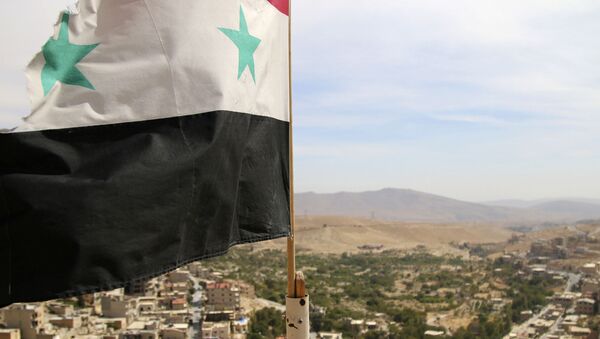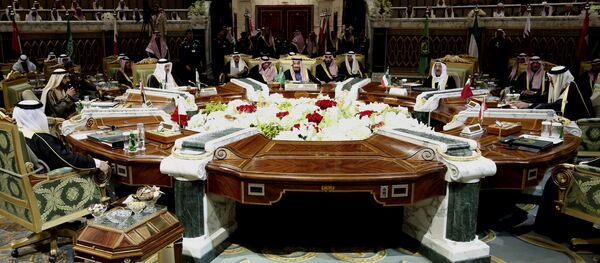He made a statement, calling for UN Special Envoy to Syria Staffan de Mistura to protect the interests of the majority of the Syrian people.
Hussein said that the majority of Syrian people are "neither supporters of Bashar Assad’s government nor opposition members."
The politician who represented opposition forces in Syria explained that he was disappointed with the role he was given in the committee.
Meanwhile, the article claimed that Hussein’s dismissal was linked to the rising tensions between Saudi Arabia and Iran in the region. On Tuesday, the Muslim Brotherhood, a major opposition force, supported Riyadh’s decision to cut off diplomatic ties with Tehran. The Islamists called the move a "slap to Iran,” and also called for other Arab nations to do the same.
Diplomatic efforts by the US, Russia and European countries, members of the international Syrian Support Group established in Vienna on November 14, 2015, are now aimed at holding talks between the Syrian government and opposition. The talks are planned to kick off on January 25 in Geneva.
On January 3, Saudi Arabia broke diplomatic ties with Iran after protesters attacked the Saudi embassy in Tehran and the consulate in Mashhad. They were protesting against the execution of prominent Shia cleric Nimr al-Nimr. On Monday, Bahrein and Sudan also cut off diplomatic ties with Iran. Meanwhile, the UAE downgraded the level of their diplomatic ties with Tehran. In turn, Kuwait recalls its ambassador from Iran.




